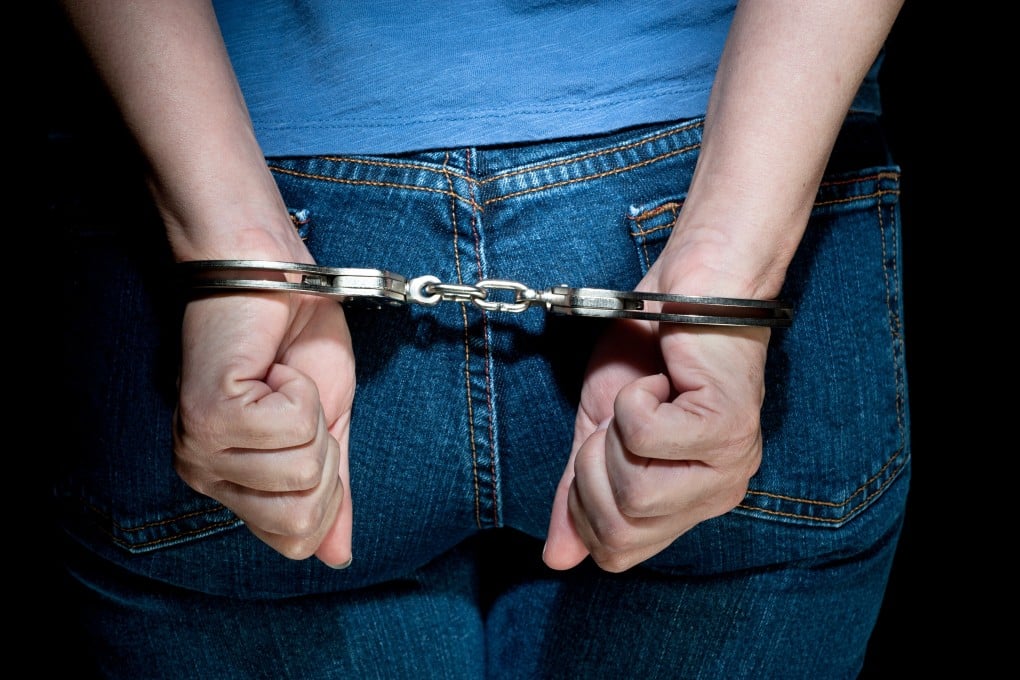Advertisement
‘Kiwipedo’ tried to buy child for US$10,000 for sex abuse, New Zealand court hears
- The man called himself ‘Kiwipedo’ on the dark web and responded to an undercover agent’s offer to sell a child for sex
- When asked by the agent if a Chinese child would raise suspicion in his home, Kiwipedo responded: ‘It’s called a basement’
Reading Time:3 minutes
Why you can trust SCMP

A New Zealand man calling himself “Kiwipedo” on the dark web on Thursday admitted to trying to buy a child for NZ$15,000 (US$10,000) for sexual abuse and possessing 417 objectionable images just as his trial was nearing a close.
After a week of witness testimony, the man, who has name suppression, pleaded guilty to two charges before Judge Allan Roberts in the Auckland District Court.
He admitted that between January 13, 2015, and February 20, 2015, he had attempted to enter into a dealing involving a person under 18 for sexual exploitation.
Advertisement
He also accepted that in early 2015 he was in possession of 417 objectionable images.
During trial this week, Crown witnesses had told the court the dark web is an encrypted area of the internet only reachable with special software and inside knowledge of where to go.
Advertisement
Advertisement
Select Voice
Choose your listening speed
Get through articles 2x faster
1.25x
250 WPM
Slow
Average
Fast
1.25x